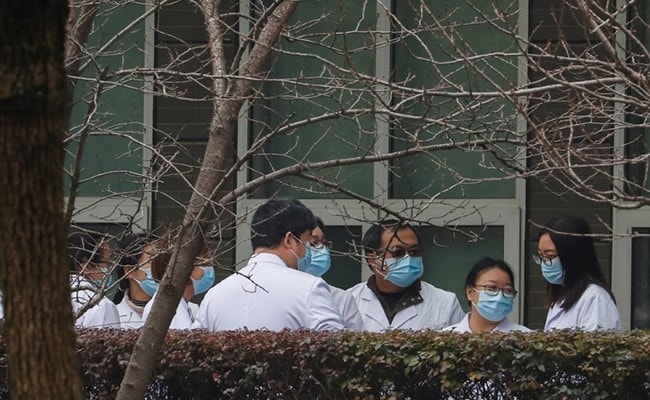Non-Invasive Skin Swab Tests May Quickly Detect COVID-19: Study
Non-invasive skin swab samples may be enough to detect virus, a study said. (Representational)
London:
Non-invasive skin swab samples may be enough to detect the novel coronavirus quickly, according to a study published in the Lancet E Clinical Medicine journal.
Researchers at the University of Surrey in the UK noted that COVID-19 pandemic has led to an unprecedented demand for testing — for diagnosis and prognosis — as well as for investigation into the impact of the disease on the host metabolism.
Sampling sebum — an oily, waxy substance produced by the body’s sebaceous glands — has the potential to support both needs by looking at what the virus does to us, rather than looking for the virus itself, they said.
The most widely used approach to testing for COVID-19 requires a polymerase chain reaction (PCR) test, which involves taking a swab of the back of the throat and far inside the nose.
The researchers collected sebum samples from 67 hospitalised patients — 30 who had tested positive for COVID-19 and 37 who had tested negative.
The samples were collected by gently swabbing a skin area rich in sebum such as the face, neck or back.
The team analysed the samples by using liquid chromatography mass spectrometry and a statistical modelling technique to differentiate between the COVID-19 positive and negative samples.
The researchers, including those from the Universities of Manchester and Leicester, found that patients with a positive COVID-19 test had lower lipid levels — or dyslipidemia — than their counterparts with a negative test.
They noted that the accuracy of the findings increased further when medication and additional health conditions were controlled.
“Our study suggests that we may be able to use non-invasive means to test for diseases such as COVID-19 in the future — a development which I am sure will be welcomed by all,” said Melanie Bailey, co-author of the study from the University of Surrey.
Matt Spick, co-author of the study from the University of Surrey noted that COVID-19 damages many areas of metabolism.
“In this work, we show that the skin lipidome can be added to the list, which could have implications for the skin’s barrier function, as well as being a detectable symptom of the disease itself,” Mr Spick said.
Investigating new methods of diagnosis and surveillance in a new disease such as COVID-19 that has had such a devastating effect on the world is vital, according to George Evetts, Consultant in Anaesthesia & Intensive Care Medicine at Frimley Park Hospital.
“Sebum sampling is a simple, non-invasive method that shows promise for both diagnostics and monitoring of the disease in both a healthcare and a non-healthcare setting,” Mr Evetts added.


